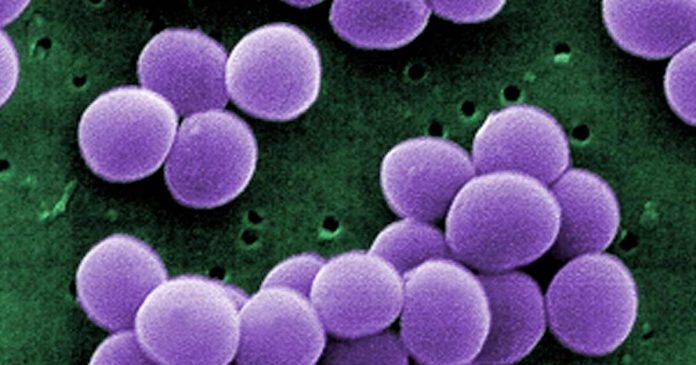Preliminary research out of the University of Queensland’s Institute for Molecular Bioscience indicates the cannabinoid cannabidiol is effective in killing bacteria in lab testing – including some that have become mainstream antibiotic resistant.
The research, carried out by IMB’s Centre for Superbug Solutions’ Dr Mark Blaskovich in collaboration with Australia’s Botanix Pharmaceuticals Ltd, determined cannabidiol was very effective at bowling over a wide range of gram-positive bacteria, including Staphylococcus aureus (responsible for staph infections), and Streptococcus pneumoniae; the bug responsible for pneumococcal disease.
Cannabidiol (CBD) is a non-intoxicating compound found in cannabis plants – including industrial hemp. There’s been all sorts of claims made about the therapeutic potential of CBD and while no doubt some won’t be validated, there’s mounting evidence suggesting it could be extremely useful in treating or managing various conditions.
The UQ release says there has previously been some limited evidence pointing to cannabidiol being a bacteria-killer, but CBD is yet to be thoroughly investigated for its potential use as an antibiotic.
Dr Blaskovich states his research in the lab indicates cannabidiol had a similar potency to antibiotics such as vancomycin and daptomycin, and did not lose effectiveness after extended treatment. That’s quite big news – vancomycin is one of the few antibiotics able to treat infections resulting from gram-positive multidrug-resistant organisms (MDRO), which includes methicillin-resistant Staphylococcus aureus (MRSA).
“Given cannabidiol’s documented anti-inflammatory effects, existing safety data in humans, and potential for varied delivery routes, it is a promising new antibiotic worth further investigation,” Dr Blaskovich said.
The collaborators’ research was presented at ASM Microbe, which is the annual meeting of the American Society for Microbiology (ASM),
Last year we mentioned Botanix had teamed up with the UQ Institute for Molecular Bioscience to accelerate the company’s BTX 1801 topical treatment toward clinical trials. It turns out the cannabidiol being trialed in that preparation is synthetic CBD, not natural.
Whether synthetic or natural, it’s a very exciting time for cannabidiol research – but always take what you read about its potential with a grain of salt as there is still much to be learned and confirmed.
As Dr. Blaskovich told LiveScience – “It would be very dangerous to try to treat a serious infection with cannabidiol instead of one of the tried and tested antibiotics” – and that article is worth reading for further caveats and cautions about this news.


